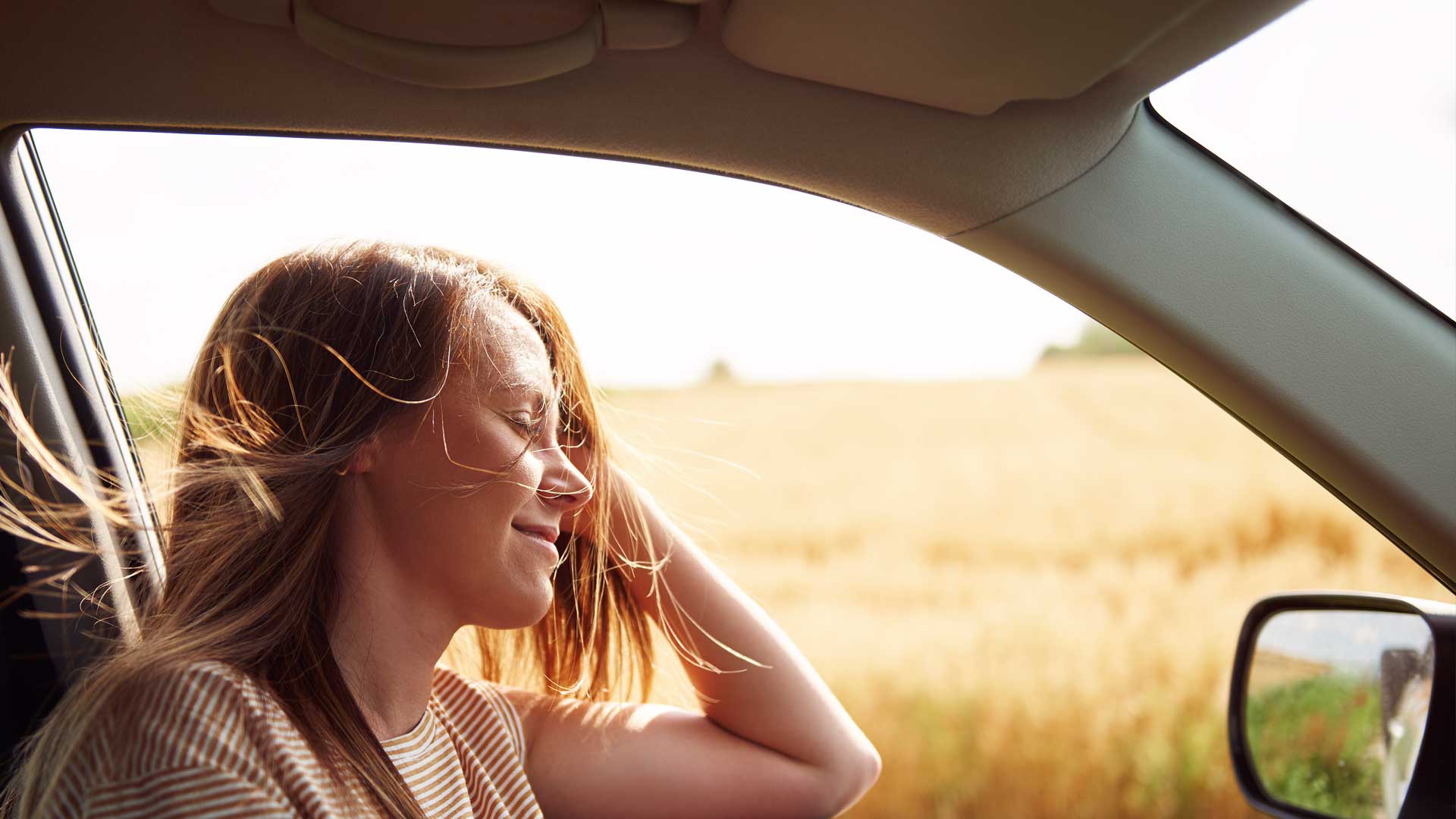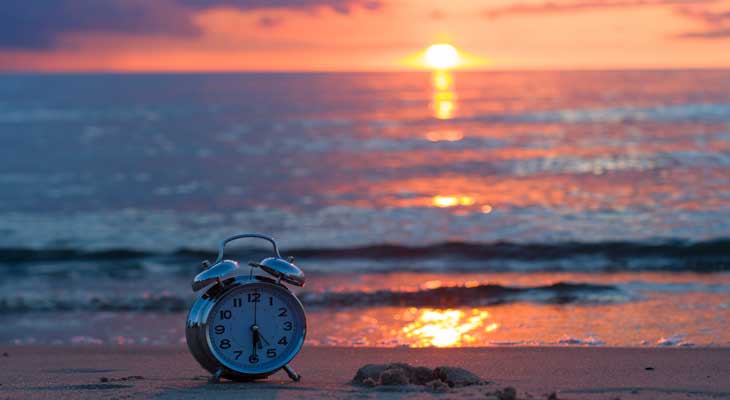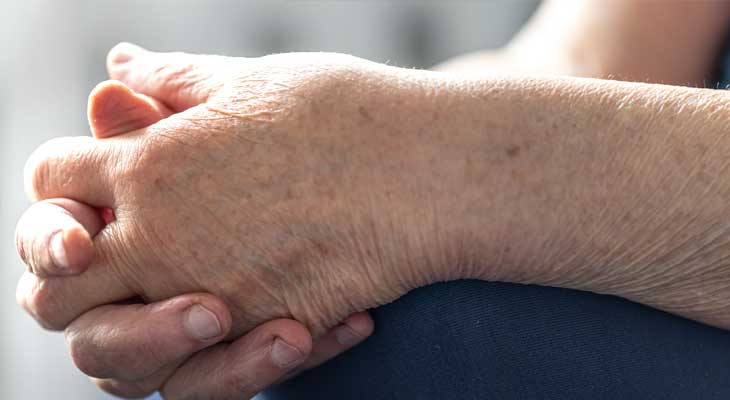If you're packing for a trip to a beach, you probably make sure to pack the sunscreen. But what about the drive to the beach, or the drive home from work, with the windows down and your arm resting on or out the window? This is just one common example of an everyday habit that can quietly damage your skin.
Take the example above. Even if you apply the sunscreen as soon as you arrive at the beach, the damage may have already been done on the drive there. Multiply that out over time as you drive with the window down, to and from work, to social engagements, to the shops, and that is a lot of sun exposure. Note that the glass in the window does not block all of the UV rays, but it will reflect some. But it's more about the positioning of your arm and being directly in the sun.
This is something that many truck drivers in the past will have noticed; that their “window arm”, or even one side of their face, has aged noticeably more than the other.
It is often these incidental, everyday scenarios that cause the most damage to our skin over time. Parents who make sure their children apply sunscreen before going out to play sport, but forget about their own protection whilst watching from the sidelines. Another example may be not applying sunscreen or wearing a hat because you are only planning a “short walk”.
One step we can all take in minimising our risk of skin cancer is doing a self-assessment of these everyday habits and putting in place simple changes to protect your skin.
That doesn't stop you enjoying the sun and wind in your hair as you drive along the highway. But perhaps you apply the sunscreen before you get in the car, and not just put it in your bag for later.
Of course, another great step of prevention is having regular skin checks, where your doctors can identify any spots of concern and monitor them over time.
Note: Information provided in this blog is of a general nature and is not a substitute for advice from a medical professional. Please be advised that blog posts are not necessarily written by medical professionals. All care has been taken to ensure the accuracy of information provided, however, no guarantee is made that it is free from error. Mention of any specific products or services in the context of a blog post does not indicate an endorsement of that product or service. This includes any images used in blog posts. Molescope always recommends that any medical advice is sought directly from medical professionals.






